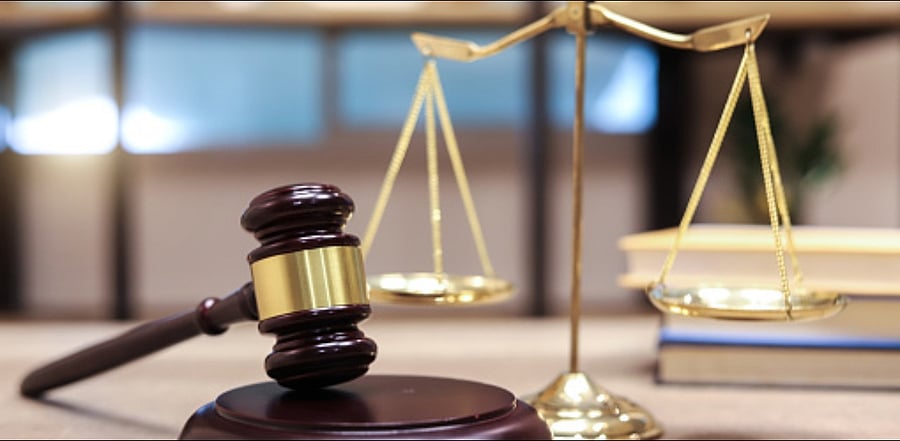
In a significant order, the Bombay High Court has said the foreign nationals, who had attended the Tablighi Jamaat congregation held in Delhi in March this year, were made "scapegoats" and blamed for the spread of Covid-19 in India.
A division bench of Justice T V Nalawade and Justice MG Sewlikar of Aurangabad bench of the Bombay High Court also slammed the media for carrying out propaganda.
“There was big propaganda in print media and electronic media against the foreigners who had come to Markaz Delhi and an attempt was made to create a picture that these foreigners were responsible for spreading Covid-19 virus in India. There was virtually persecution against these foreigners. A political Government tries to find the scapegoat when there is pandemic or calamity and them circumstances show that there is probability that these foreigners were chosen to make them scapegoats,” the 56-page judgement said.
“The aforesaid circumstances and the latest figures of infection in India show that such action against present petitioners should not have been taken. It is now high time for the concerned to repent about this action taken against the foreigners and to take some positive steps to repair the damage done by such action,” the judgement states.
The verdict of Justice Nalawade and Justice Sewlikar came in three independent petitions filed by 35 persons including six Indians and 29 foreigners from Indonesia, Ghana, Iran, Djibouti, Benin, Tanzania, Brunei and the Ivory Coast.
The petitioners were booked under various sections of Indian Penal Code, Maharashtra Police Action, Disaster Management Act, Foreigners Act and Epidemic Diseases Act for allegedly flouting tourist visa norms by attending the Markaz convention in Delhi.
"The propaganda against the so-called religious activity (Tablighi Jamaat) was unwarranted. The activity was going on for more than 50 years and it is there throughout the year," it added.
The justices noted: “In view of the Articles of Indian Constitution like Articles 25 and 21, when visa is granted to foreigners, such foreigners cannot be prevented from visiting Masjids, if they go there to observe religious practices or to offer only Namaz. This Court is referring to the orders issued by the competent authority under the aforesaid special enactments subsequently. For the present purpose this court is observing that there is nothing on the record to show that the Indians were prevented from accommodating persons in the Masjid or from supplying meals to the persons including the foreigners.”
According to the court, the statements of the witnesses recorded by the police are stereotypical and it can be said that the statements are copied. “Further, some trustees of the Masjids are made accused in these proceedings and also in separate proceedings and there are statements of those trustees which cannot be used against foreigners or against those trustees. Most of the information shown to be given by the witnesses is apparently hearsay in nature,” it observed.
